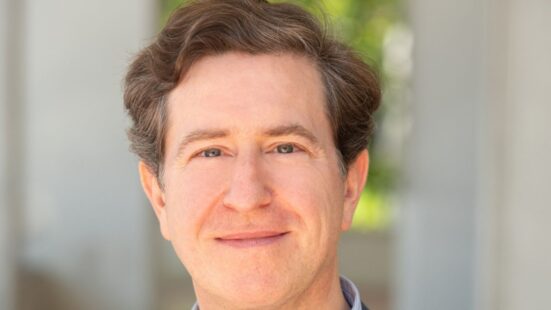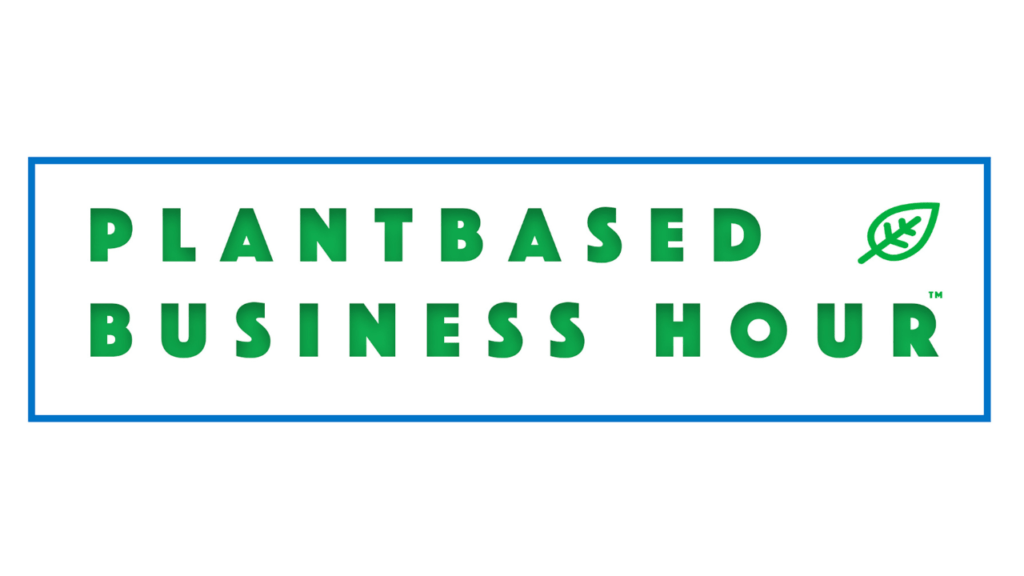
Roger Spitz (M.Sc., FCA, APF) is an international bestselling author, a celebrated futurist, the president of Techistential (Climate & Foresight Strategy), and the chair of the renowned Disruptive Futures Institute, based in San Francisco. On this episode we discuss how we can prepare for the disruption ahead and come out financially and consciously better. Vital information! Join us for this last interview of the year and get prepared for 2024.
Specifically, we discuss
- How do we have strategic foresight for an adaptive and resilient future?
- What is a virtuous inflexion point and how does it help to achieve critical mass adoption?
- What is transformation innovation and how does it encourage systems change?
- What levers are the most effective for systemic change: this may be the most holistic point of all and, thus, perhaps the most complex.
- What does this mean for food systems transformation in 2024?
Below is a highlight clip and transcription from our long-form conversation.
Elysabeth: Roger Spitz, futurist, author and President of Techistential, I want to thank you for being with me today.
Would you agree that science does model outcomes and options? Some industries already do a lot of strategic foresight thinking. I guess that’s what I’m saying.
Roger Spitz: Listen, these are great points you’re raising, and I think the fact that you’re raising something like that shows that you’re an extremely well-versed and savvy person. The fact that you follow many companies that are listed and you speak to many of the decision makers is very interesting because what you’re describing is, indeed, the way some of these topics are perceived and addressed by much of the world.
I personally don’t think it’s the right way of thinking about them and I’ll kind of give you two or three elements, but I agree with you that it’s the way most of the world thinks about risk management and thinks about opportunities. So to be a bit more specific, the two or three areas where we have failed as foresight practitioners to make the world more tuned into these ideas is the following: I think, first of all, in terms of science and risk management and probability, these are very important. I believe in science. Science creates miracles and all that. The only thing I would say is that when you’re thinking about the plausible possibilities, that’s where you need more than just the numbers because there’s no date on the future. You need the imagination to think about things which might be disconnected from everything you currently know.
The other element about the probability and the big models is that it relies on stable and known parameters. That is why the Fed had no idea and still has no idea about what inflation would be, etc, because these are fundamentally unpredictable. So to try and modelize uncertainty doesn’t work for complex dynamic unpredictable systems, which is the world. The fact is that it’s worked quite often for decades and from time to time you have a 2000 crash and then a 2008 financial crash and then we go back to normal.
I personally think that there’s an inverse relationship between uncertainty and predictability, and the more uncertainty there is, the greater the cost of relying on assumptions. Some of the modelization and risk management, I’m not saying it’s not important, but to derive decisions without thinking more broadly of both possibilities as a positive thing and things that can happen- so my point is that we need to add imagination and an understanding of the multiplicity of possibilities and the fundamental inherent unpredictability of the models and what’s happening to not just rely- and when I say rely, I mean to the exclusion of everything else. So, science and the risk management [agents] are right to do what they do, but if that is to the exclusion of exploring, building resiliency for other plausibilities, for building opportunities, for imagining things that are maybe unimaginable, the failure is not on the model, but on our lack of imagination for not thinking about things.

New episodes are out every week. Never miss the Plantbased Business Hour or Minute. Subscribe on iTunes and Youtube, and sign up for the newsletter. Follow Elysabeth on Linkedin. For information on Plant Powered Consulting, click here.



